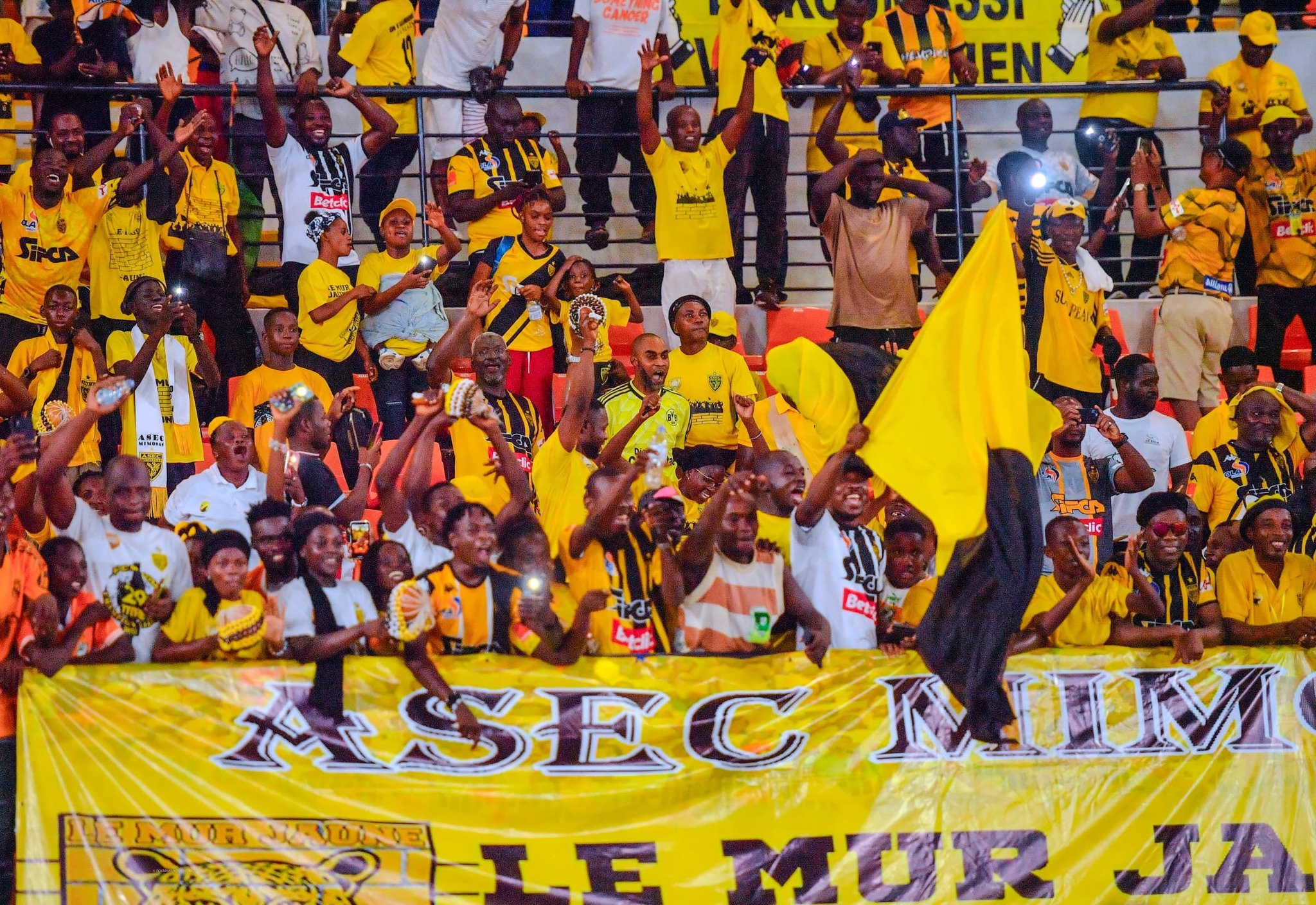« We have been through many trials together »
Célestin Faé, the father of Emerse Faé, the current coach of the Ivory Coast national football team, reflects on his son's journey from his early days to his rise as the national team coach. “We have been through many trials together, and seeing his success today fills me with joy,” he confided to L’inter during the award ceremony for the ‘’Man of the Year’’ prize given to Yacine Idriss Diallo, president of the Ivorian Football Federation (FIF), by the NGO Balle à terre on Tuesday, January 14, in Treichville.
Mr. Faé, can you tell us about the beginnings of your son Emerse in football?
Emerse is my son, he was born in France, and like me, he quickly developed a passion for sports, especially football. From the age of 6, he started practicing, and he continued his passion until he became a professional player. He trained in several football academies, reaching the professional level. Unfortunately, just when he seemed ready to take his career to the next level, he fell ill, and that completely disrupted his plans.
How did you experience this difficult period for him?
It was a very painful time for me. He really wanted to continue his career, he was doing well in football. But the illness abruptly ended it all. It was even harder because, a few months earlier, he had just lost his mother. In the span of two months, he buried his mother, and then, he fell ill. It was a huge ordeal. We did everything to support him emotionally, but he also had invaluable support from his wife, who was by his side and encouraged him greatly. I lived in Nantes, while Emerse and his family were in Nice. Fortunately, he also had his agent, Guy Demel, a long-time friend, who helped him a lot during that difficult period.
What made you encourage Emerse to pursue this path, even though he had the option to continue his studies?
I played football in my youth, but in my time, there were not many opportunities to become a professional. It was above all a passion, a time to share with friends. In France, the advantage is that children can practice a sport while continuing their education. In my day, I combined studies and sports, and I did well in both areas. Emerse also had no difficulty balancing the two. That’s one of the reasons why I never stopped him from playing football, quite the opposite. If he had had problems at school, I would, of course, have asked him to focus more on his studies, but he managed to balance both.
The illness ended his playing career, but he bounced back by becoming a coach. How did you see this transition?
When he got sick, he didn’t give up. Rather than letting himself be defeated, he decided to retrain and began his coaching training. One day, he expressed his desire to come to Ivory Coast to help his brothers and contribute to the development of the sport here. He even sent a letter to the Ivorian Football Federation (FIF), hoping to join the national team and work with young talents, particularly those from Europe. In Nantes, where I lived, there were already young Ivorians who played well, and a cousin, Giovanni Sio, was even part of the national team. Emerse first applied to coach the U20s for the Olympics, but elections at the FIF disrupted this plan.
When Emerse was appointed coach of the Elephants, did you feel a particular pressure?
During his first match with the Elephants, I was very anxious. I was worried because I knew that if the team lost, it could be difficult for him. Ivorians are very passionate about football, and I feared for him. But he won his first match, then the second… I watched the matches alone at home because I didn’t dare go to anyone’s house. I was afraid of the reactions in case of defeat. But thanks to his work, he succeeded. Today, he is African champion, and I am really happy for him. We have been through many trials together, and seeing his success today fills me with joy.
How do you continue to support your son in this adventure?
I continue to encourage and support him in what he does. He has a big responsibility, but he knows how much Ivorians love football. That’s why I came here, to support him and accompany him. Now that I am retired, I will come regularly to Ivory Coast to be by his side, help him in his work, and give him all the strength he needs to succeed. It’s a great honor for me to see my son leading the national team and contributing to the growth of Ivorian football.
Are you proud of his journey?
Of course, I am very proud of him. He has faced many challenges, but he has bounced back and reinvented himself. Today, he is leading the national team, a prestigious role, and I am happy to see him succeed. He is a great example of resilience and determination.







